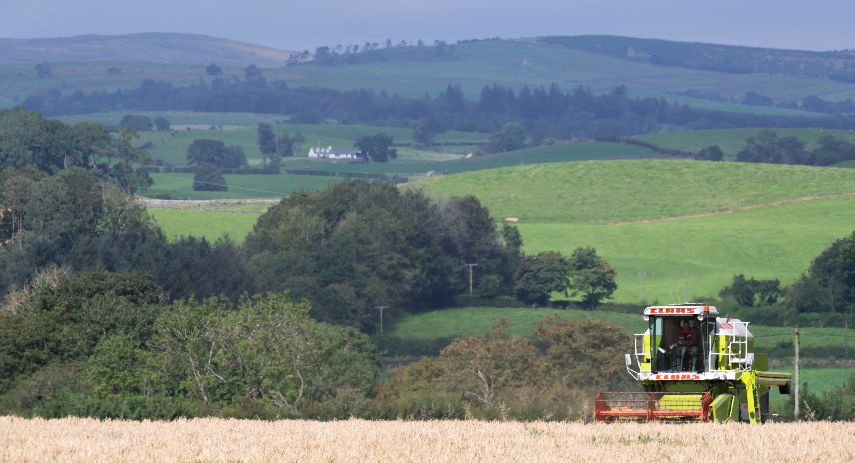
Lessons from casework: Why behaviour matters as much as legislation
Rob Black

Over recent months, I’ve been struck by how often the real lessons in tenant farming don’t come from policy debates or legal texts, but from the lived experiences people share with me. Through casework, conversations across the country, and the stories people choose to tell, I see both the struggles and the successes in the sector.
That view is at times inspiring, at times frustrating, and at times deeply concerning. Because while legislation sets the rules and tenancy structures define the framework, it is people’s behaviour that really shapes how farming relationships work in practice. And too often, behaviour lets us down.
I have come across situations that leave me genuinely disappointed, and in some cases alarmed. There have been instances of pressure and coercion, where tenants or landlords have been discouraged from exercising their rights. I have seen the Codes of Practice treated as optional, despite being designed to ensure fairness and clarity. And there have been moments where conduct has slipped into the unprofessional, even the bullying.
These situations cut against the values the sector says it wants to uphold. They waste time, create unnecessary conflict, and erode trust. Most of all, they risk setting precedents. If such behaviours were to become accepted or normalised, the damage to tenant farming in Scotland would be profound. Even a handful of such cases is too many, because their impact stretches well beyond the individuals involved.
This is why I feel so strongly about encouraging better practice. Poor practice is not inevitable; it is a choice. And it is one that can be challenged and changed. When I see disregard for the Codes, I am reminded why they matter. When I see breakdowns in trust, I am driven to promote relationship-building as a real path forward.
But it’s not all negative. Alongside the concerning cases are stories that give me real encouragement. I know of landlords who, when faced with a vulnerable tenant, went out of their way to make sure that person was properly supported and represented. I have seen landlords and tenants still talking constructively right up to a Land Court hearing, actively seeking resolution and using the Codes of Practice to give their discussions structure. And I hear of, and have engaged with, advisers who genuinely help rather than inflame, making agreements possible where conflict once seemed inevitable.
These positive examples prove that fairness is possible. They show that following the Codes of Practice is not just a box-ticking exercise but a way to build stability and trust. They remind us that collaboration, not confrontation, is what sustains farming for the long term. These outcomes deserve attention because they point to the kind of culture we should be aiming for.
So, my reflections lead me to this: behaviour matters just as much as legislation. Laws and policies provide the scaffolding, but it is people who build — or weaken — the structure. Both tenants and landlords carry responsibilities, and both can set the tone of what follows. Agreement is not always assured, and it is natural that conflict will arise at times, but it is how those situations are handled that makes the difference. Respect, professionalism, and a touch of humanity can still exist in those spaces, and I see those qualities as the tools that make fair agreements possible and the qualities that will shape the future of tenant farming.